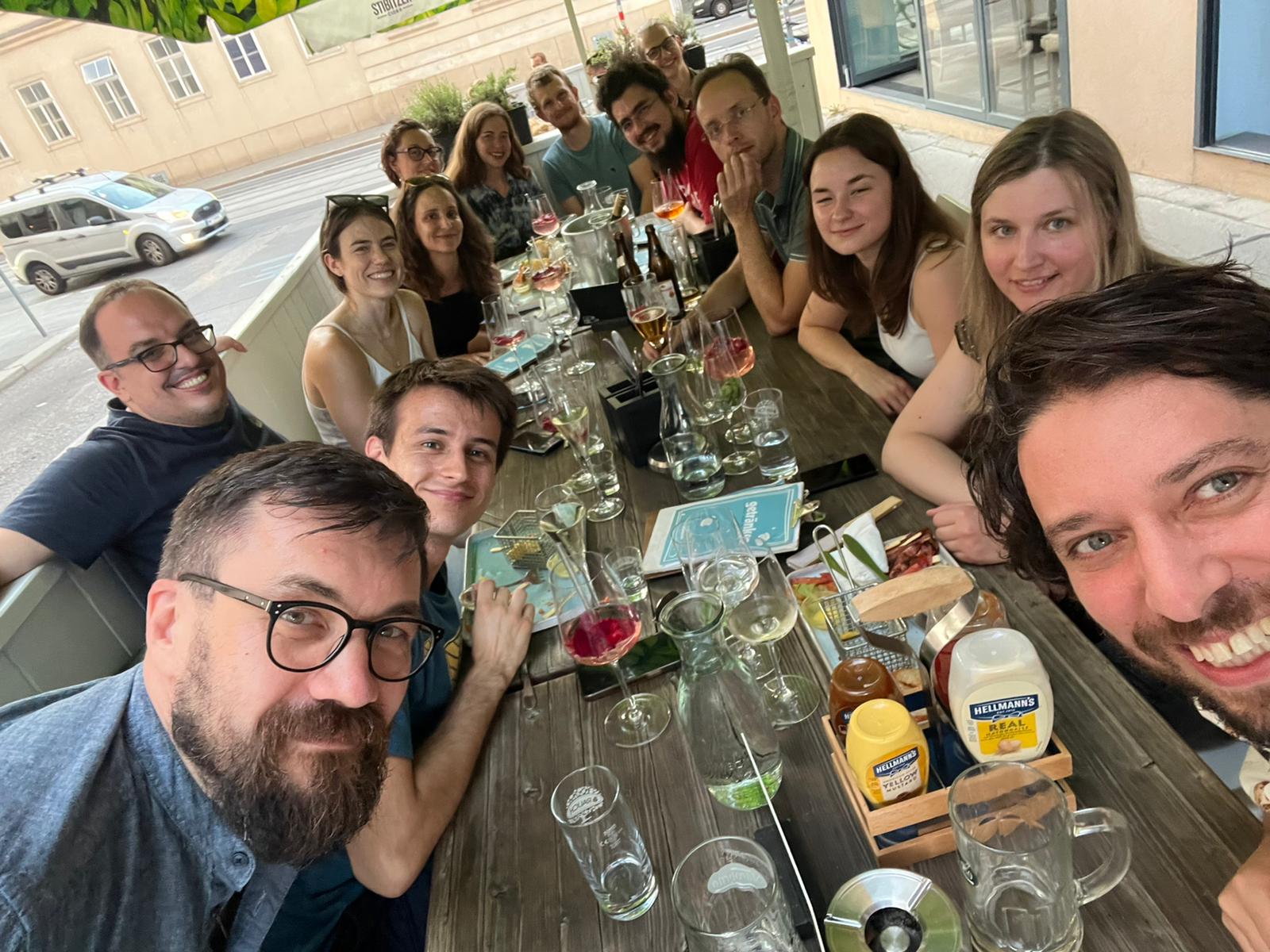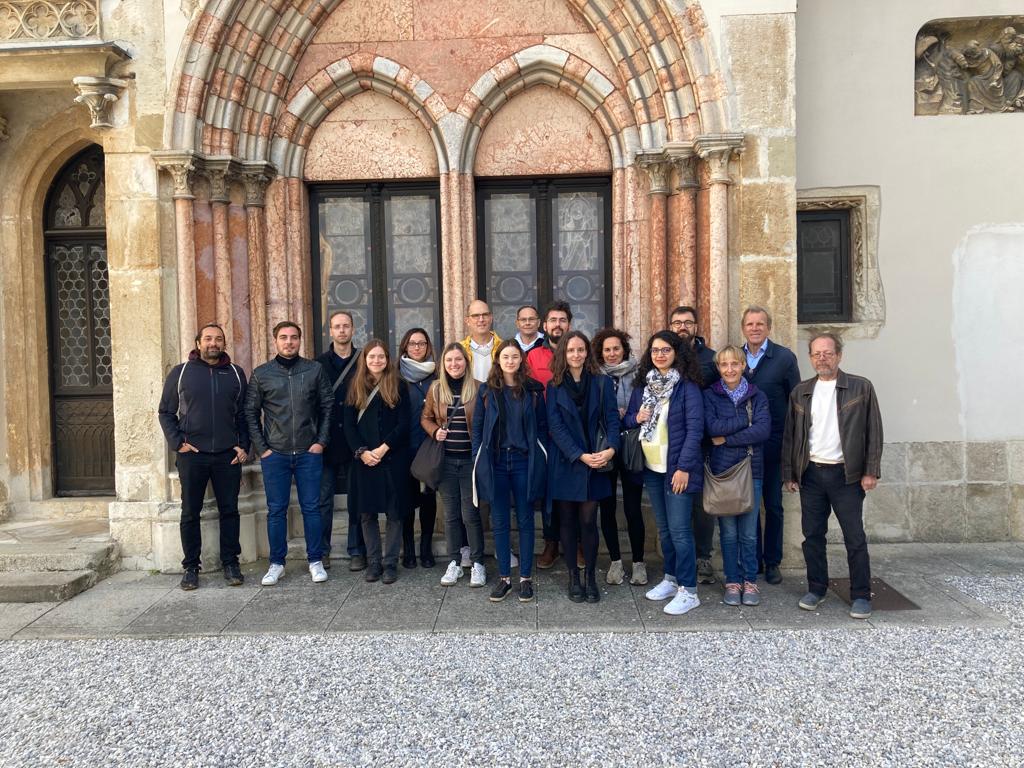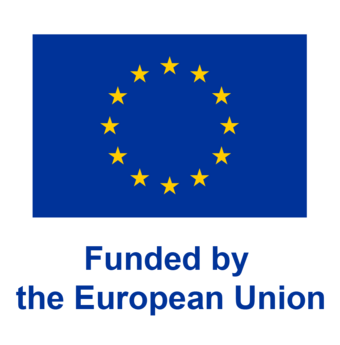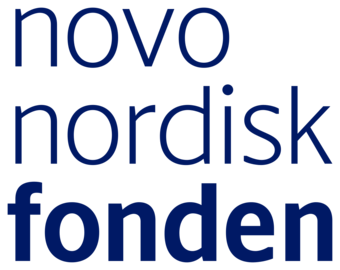
Research groups within the Division of Molecular Neuroscience address molecular underpinnings of neurocircuit design in the hypothalamus and cerebral cortex, their effects on body-wide metabolism and discrete behaviours, and their modifications in congenital and age-associated disorders. We place particular emphasis on molecular checkpoints and mechanisms conferring resilience, and on ensuing rescue strategies.

The Division of Molecular Neurosciences is located at the Center for Brain Research of the Medical University of Vienna, and has been in existence just for 10 years, with Tibor Harkany taking up its leadership at the end of 2013. The Department is an independent research entity dedicated to fundamental discovery research, which benefits from the many local, national, and international collaborations that have shaped scientific thinking over the years. Uniquely, the Department of Molecular Neurosciences is the birthplace of the L-DOPA therapy invented by the late O. Hornykiewicz, and the structure-function analysis of the GABAA receptor by W. Sieghart.

The Division forsters local interactions by allowing and supporting the scientific freedom of talented group leaders, who benefit from the integrated and multidisciplinary infrastructure that has been built and expanded over the years (including light-sheet, laser-scanning, and super-resolution microscopes, patch-clamp stations, behavioral suit, biochemical and protein purification facilities, cell culture suit, tissue processing, and analysis units). At present, Tibor Harkany, Erik Keimpema, and Roman A. Romanov work on individually-funded projects here.
Notably, the scientific excellence of the Department of Moleclar Neurosciences is controlled time and again by the Scientific Advisory Board of the University, by being a former member of the ENI-Net European Network, by being an integral part of the Medical Neuroscience Cluster of the University, and by >10 years of funding by the European Research Council (2x Advanced grant, 1x Proof-of-Concept grant, 1x Consolidator grant). The Department places emphasis on providing a collegiate, vibrant, and international environment for those who intend to excel in biomedical neurobiology.
We are part of the Medical Neuroscience Cluster of the Medical University of Vienna:
After activation, data will be sent to YouTube. Further information here: Data protection





